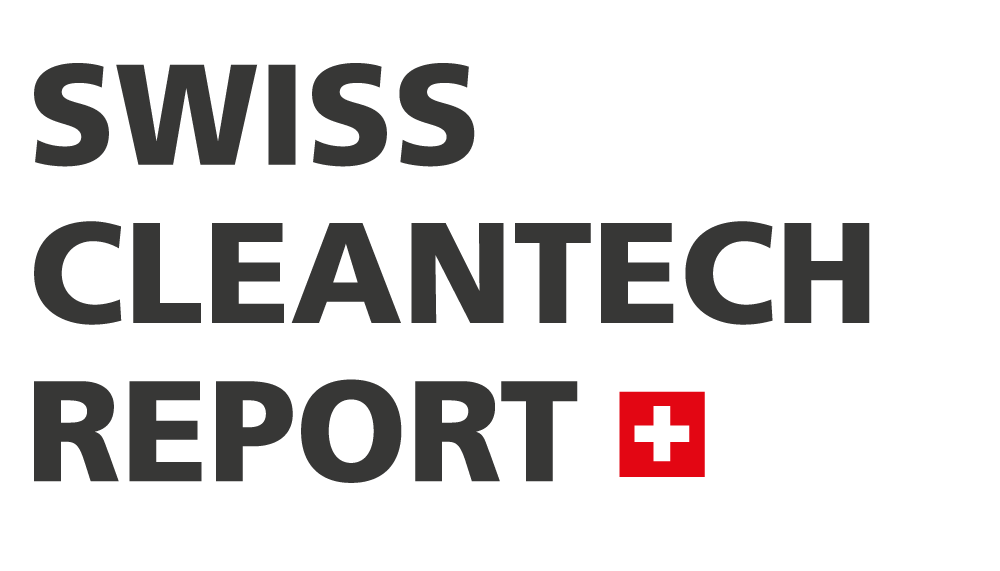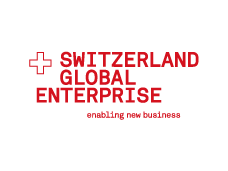The innovation pipeline
LOTS OF (OTHER) INNOVATIONS
We round off our panorama of Switzerland’s cleantech innovations with a series of projects and fledgling businesses developing products that are not quite ready to be introduced on a large scale but which feature promising technology. The companies feeding their developments into the innovation pipeline will without doubt add to the panoply of mature Swiss cleantech solutions in future years.

Oxara
Towards a more sustainable construction industry
Oxara is developing a number of earth-based sustainable construction materials. Its range of admixtures and binders is cement-free and made up mostly of clay and construction waste, demonstrating the start-up’s focus on the circular economy and waste recycling.

Vir2sense
Finding the right balance between fuel consumption and emissions
Vir2sense makes sensors that monitor CO2 emissions. Used in the marine and power generation sectors, these sensors improve the accuracy of the data collected in the most problematic environments. They could help the captain of a ship, for example, to strike the right balance between fuel consumption and greenhouse gas emissions.

Fireforce Technology
Burning wood without producing noxious smoke
Fireforce Technology converts biomass into heat energy efficiently and with extremely low gaseous pollutant and particulate emissions. This disruptive technology does not require a smoke filtration system, opening up the way to clean combustion of all types of wood.

Upwater
Helping sewage works clean up their act
Upwater offers sewage works ways of reducing their greenhouse gas emissions and energy consumption and improving the stability of their processes. This spin-off of the Swiss aquatic research institute Eawag measures for example gaseous effluents to quantify nitrous oxides emissions, then proposes ways of reducing them.

Composite Recycling
Recycling composite materials
Composite Recycling has developed an effective way of separating the glass fibres, resin and plastic that make up composite materials, making it possible to recycle them more efficiently through pyrolysis and other methods.

TreaTech
Turning waste into valuable resources
TreaTech has developed a technology that uses catalytic hydrothermal gasification (HTG) to convert a broad range of waste streams. This technology turns the waste into valuable resources such as renewable gas, clean water and minerals such as phosphorus and nitrogen.

Sun2Wheel
Using electric vehicles to store energy
Sun2Wheel is developing smart electromobility recharging and storage solutions. The company’s main focus is on bidirectional charging, which uses EVs themselves as powerbanks, in place of a permanently installed battery.

Loxo
Autonomous groceries delivery with zero emissions
Loxo is developing an innovative delivery service featuring a driverless electric vehicle that makes grocery deliveries on request.

Qaptis
Capturing CO2 directly at the exhaust pipe
Qaptis is marketing CO2 capture technology that can be used to retrofit existing truck fleets. It has developed a system that can be attached to truck exhaust pipes to recover the heat and energy required to sequester the CO2 in liquid form.

ISSKA
3D geological and hydrogeological modelling
ISSKA has developed a web-based service, Visual KARSYS, that provides 3D geological and hydrogeological modelling. It enables users to create 3D models of their geological surroundings and visualise groundwater flows. In this way, Visual KARSYS helps prevent natural hazards and enables users to better manage and protect underground water resources in karst areas.

NanoCleanAir
Removing nanoparticles to provide cleaner air
NanoCleanAir is developing technology designed to remove toxic nanoparticles from exhaust gases and the air. This technology can also be applied to the filtration of fine dust and biogenic aerosols such as viruses and bacteria. The toxic substances are removed by filtration and catalysis.

CompPair
Extending the lifespan of composite materials
CompPair has developed a technology that extends the lifespan and reduces the maintenance costs of composite materials. The start-up uses self-healing technology featuring a resin that gives materials the ability to fill cracks themselves.
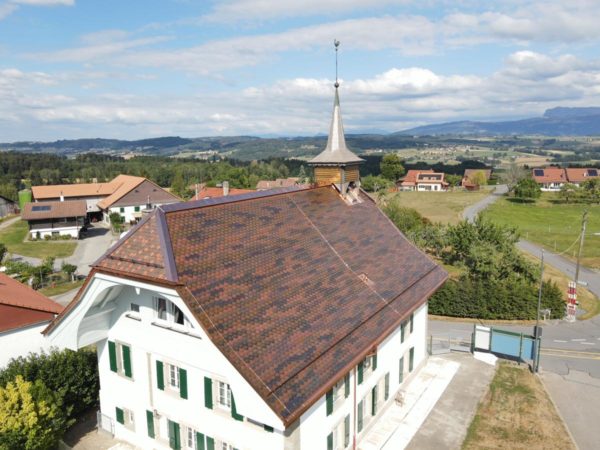
Freesuns
Ultra-modular photovoltaic roofs
Freesuns has developed a range of modular photovoltaic tiles that can be tailored to any style or shape of roof. These innovative tiles are suitable for all new and renovated buildings of any size.

Perovskia Solar
Digitally printed solar cells
Perovskia Solar is developing fully customisable solar cells made of perovskite. The start-up uses digital printing technology to make the cells, which means they can easily be tailored to the surface to which they are fitted. This technology is particularly suitable for small portable devices with low energy consumption.

Infrascreen
Improving the carbon footprint of greenhouses
Infrascreen is marketing an innovative nanomaterial that reduces heat loss through radiation, making more efficient use of the thermal potential of agricultural greenhouses.

Neolec
Getting smart-grid-ready hardware to work together
Neolec has come up with a modular, future-proof plug-and-play solution designed to optimise energy self-consumption in buildings. The set-up works by enabling smart communication between the equipment involved, such as a boiler, batteries, heat pumps and solar panels. It has also developed another innovative energy storage management system: Elec4Africa, developed for emerging countries, kicks in automatically when a power cut occurs.

Softcar
The car with probably the lowest carbon footprint in the world
Softcar is producing a new generation of urban vehicles made out of biopolymers and composite materials in which the entire-life-cycle CO2 emissions are taken into account. The number of components in these circular-economy-friendly vehicles is deliberately limited to 1800 (compared to around 50 000 for a conventional car). The first cars are due on the market by 2025.

Aquama
An on-demand detergent and disinfectant solution
Aquama has developed a detergent and disinfectant solution than can be produced directly by consumers and businesses. Its patented technology is based on an electrical chemical activation process.

Voltiris
Solar installations designed specifically for
agricultural greenhouses
Voltiris is increasing the productivity of agricultural greenhouses. By installing solar panels, this startup produces electricity from light – without affecting the light inside the greenhouse. These easy-to-fit installations feature coloured filters that let through only the wavelength of light that the plants need, using concentrators to focus the unused part of the spectrum to produce up to 70% of the energy needed to heat the greenhouse.

GreenGT
High-power-density electric-hydrogen propulsion
solutions
GreenGT is a company specialising in electric-hydrogen technologies that conceives and develops products for motor sports (the Le Mans 24 Hours) and the haulage industry (40-tonne trucks), as well as infrastructures and regional planning facilities. The company’s USP is its propulsion systems, which have an unrivalled weightto-power ratio, coupled with its expertise in the whole hydrogen value chain and its use in regional planning for
example.

Yasai
Creating vertical farms to minimise land-use impact
Yasai builds and manages vertical farms. This start-up creates circular food production systems in towns, cities and regions where agricultural resources such as fresh water and fertile arable land are hard to come by. Their method involves less use of pesticides and lower production costs

WattAnyWhere
Off-grid renewable energy
WattAnyWhere has developed a power generator that provides clean electricity in places with no access to the grid. The generator, which uses a fuel cell to generate the electricity required, is fuelled by renewable ethanol (bioethanol). Applications of this system include charging points for electric vehicles.

Sun-Ways
Railway tracks can produce energy too
Sun-Ways installs removable solar power plants between railway tracks. Not only do these installations have no impact on the landscape or environment, but Sun-Ways’ patented rail-fixing system also enables a large number of solar panels to be laid mechanically in a very short time.

Librec recycling
Taking battery recycling to the max
Librec has developed an innovative and efficient process that achieves the highest possible recovery rate of the metals used in old EV batteries (lithiumbased batteries). All of the recyclable materials are fed back into the production of new batteries, without the use of chemicals. Librec is even capable of recovering the graphite, which accounts for up to 20% of the weight of a battery.

Umami
Productive farming in town and city centres
Umami grows herbs and vegetables in urban locations. The system devised by this start-up, based on vertical farming, creates optimum climate and nutrient conditions capable of achieving growing cycles up to three times faster and up to nine times more productive than conventional methods.

Almatech
A zero-emissions boat that discharges only water vapour
Almatech Space and Naval Engineering has developed a reliable, zero-emissions fast boat. Called ZESST, it features hydrogen-powered engines and hydrofoils, resulting in an 85% energy saving, providing unrivalled passenger comfort – and emitting nothing more than water vapour.

Groam Tech
More sustainable insulating foams made from biomass
Groam converts agricultural biomass waste streams into a variety of new biodegradable foams. The foams can be used as insulation, in protective packaging for electronic goods, to replace plugs used in hydroponic farming and in the fashion industry, for example.

